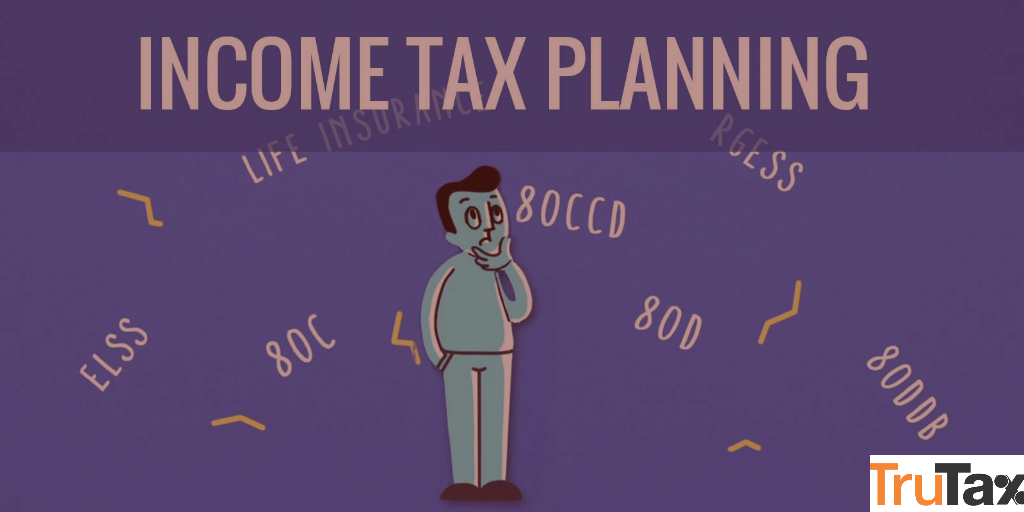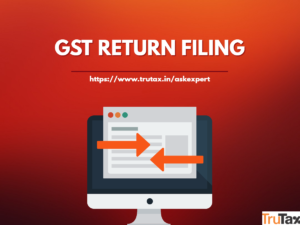
In India’s taxation structure there are two types of taxes: -Direct taxes and Indirect taxes. At present income tax is the direct tax which is levied by the central government in India whereas sales tax, service tax and excise duties are indirect taxes.
Every enterprise is required to adhere to income tax norms but many firms ignore the filing of income tax returns as they think this due to lower income, the size of company operation is not big.
This type of ignorance by firms results in notices from income tax department, interest, penalties for various non-compliances like non-filing of TDS returns,non-payment of advance taxes and non-deduction of TDS. This ignorance only creates barriers to the growth of the company in a short or for a long term.
Compliance with income tax can be divided into two parts, compliance with TDS and other compliances.
Deduction and payment of TDS:
There are some identified payment/expenses against which government has prescribed a specific rate of deduction. After deduction of TDS, it should be deposited to the credit of government on or before 7th of next month through online banking, by cheque or cash by presenting the challans at designated banks.
If a deductor fails in deducting TDS or deducts an amount less than the required amount, the deductor is liable to pay an interest at 1% per month or part of the month, till the date on which TDS is deducted.
Filing of TDS return and issuing TDS certificates:
Every deductor who is liable to deduct TDS should obtain TAN number to file his TDS return which is to be filed quarterly on or before 15th day on next month of the quarter.
After filing TDS return deductor has to issue TDS certificates to the parties within 15 days of due date of filing TDS return.
If a person fails to file TDS return on or before the due date then he shall be liable to pay a late fee, a sum of Rs.200 for every day during which the failure continues.
Advance Tax:-
As per section 208, every person whose estimated tax liability for the year is Rs.10, 000 or more shall pay his tax in advance in the form of Advance Tax. Advance Tax is to be paid in different installments.
Non- payment of advance tax will attract interest under section 234 A/B/C, hence enterprise should pay their advance tax on timely basis.
Filing of Income Tax Return:
As per section 139 of income Tax Act, every company and person requiring audit under section 44AB should file their income tax return on before September 30.In any other case, the return should be filed on or before July 31st.
Income tax returns is a key factor for any company to raise any funding from financial institutions.
Upload form 16:
